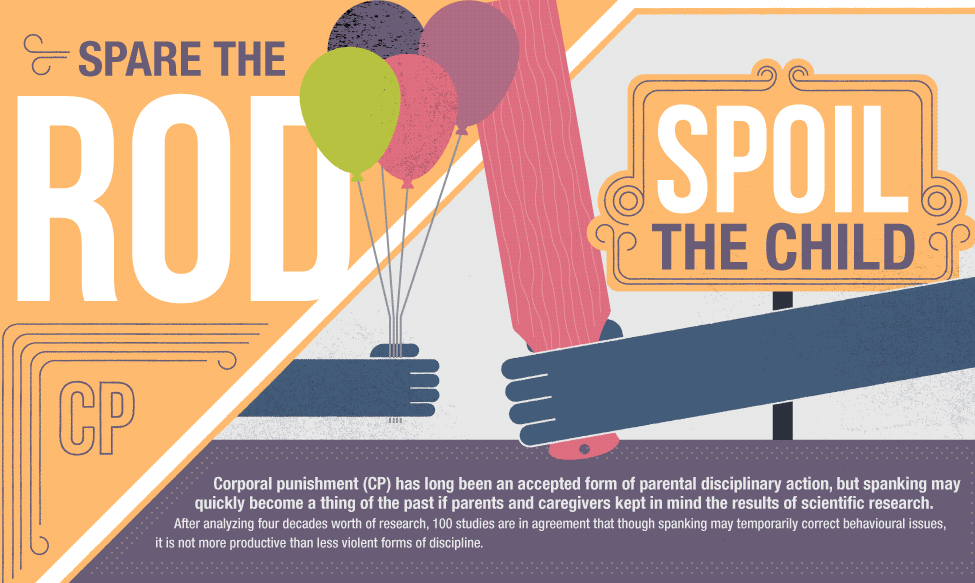A conference on evidence-based programs
"The more elaborate our means of communication, the less we communicate." —Joseph Priestley
Emails are great. Phone calls good. Face-to-face communication, best.
The back-and-forth, give-and take exchanges of ideas and experiences lead to new insights, expanded knowledge, immediate clarifications and solidification of personal connections.
This makes the Blueprints for Healthy Youth Development Conference in April 2016 such an important event for those working to improve the well-being of children.


